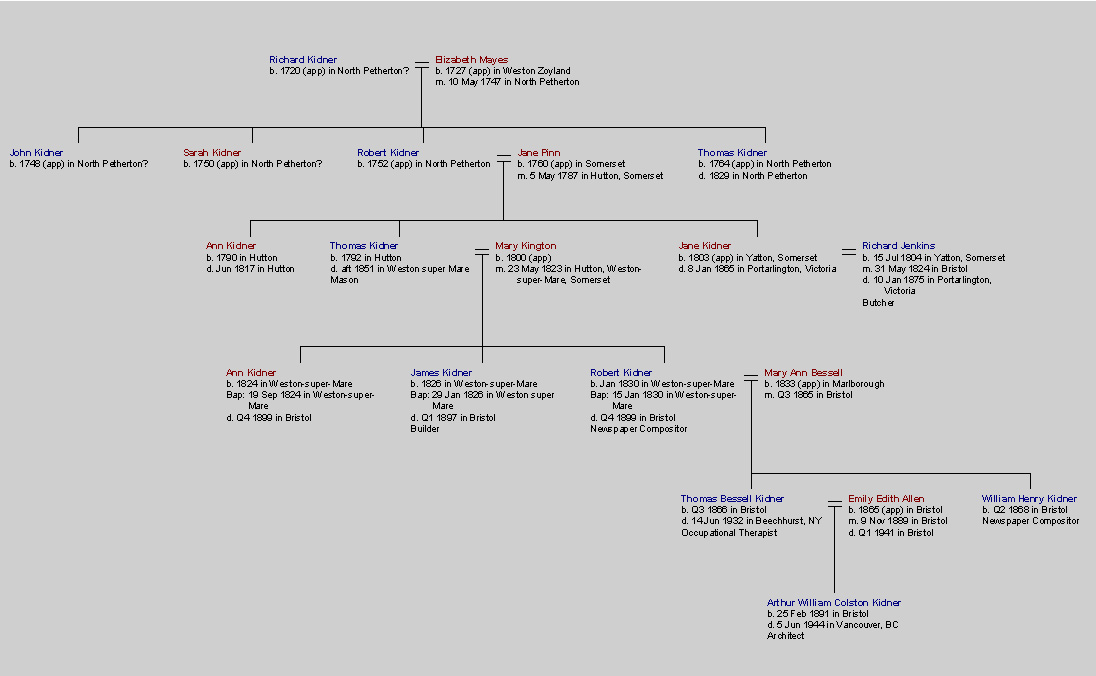

The late Thomas Bessell Kidner
Mr. Thomas Bessell Kidner, widely known throughout Canada and the United States as a leader in the occupational therapy movement, died suddenly on June 14, 1932, at the residence of his son, Beechhurst, N.Y., aged sixty-six.
The late Mr. Kidner was born in England, and was trained in the Merchant Venturers' College, Bristol, and in the City and Guilds of London Institute. He came to Canada in 1909 as one of the organizers under the fund for the improvement of technical education in Montreal. When this particular work was completed Mr. Kidner was, at the outbreak of the Great War, appointed vocational secretary of the Canadian Military Hospitals' Commission. In this post he developed an efficient system of occupational therapy and vocational rehabilitation for disabled soldiers. Later this work was taken over by the Department of Soldiers' Civil Reestablishment.
Probably Mr. Kidner's outstanding accomplishment was in connection with the fight against tuberculosis, particularly as the disease affected the returned soldiers. He developed a system of occupational therapeutics on very wide lines, the results of which were most gratifying. The education of the returned men was promoted and their morale elevated in a most wonderful way. Apart from the benefits accruing to the men themselves, the good effects of the system were manifested in the facts that absenteeism was reduced 30 per cent, immoral conduct became almost unknown, and the conduct of the men was so improved that it became possible to dispense with police protection. All this became possible because of Mr. Kidner's wise foresight, breadth of view, and powers of organization, but perhaps, most of all as a result of his natural kindliness of disposition and the tact that he exercised wherever he was brought into contact with those in and under authority.
In 1917 Mr. Kidner was loaned by Canada to be special adviser on rehabilitation to the newly organized United States Federal Board for Vocational Education in Washington, D.C. In 1919 he was appointed to the Staff of the National Tuberculosis Association as Institutional Secretary, a. position which he held until 1926. He then resigned to become a consultant on hospital, sanatorium, and institutional planning, and on rehabilitation projects.
Mr. Kidner had a bright mind, was enthusiastic and kindly, and his association with the medical profession was always helpful both to the man in authority and to the disabled soldier. He will long be missed as an expert in an important line of work and deserves all the honour that we can pay him. A.G.N.
The Canadian Medical Association Journal, September 1932
